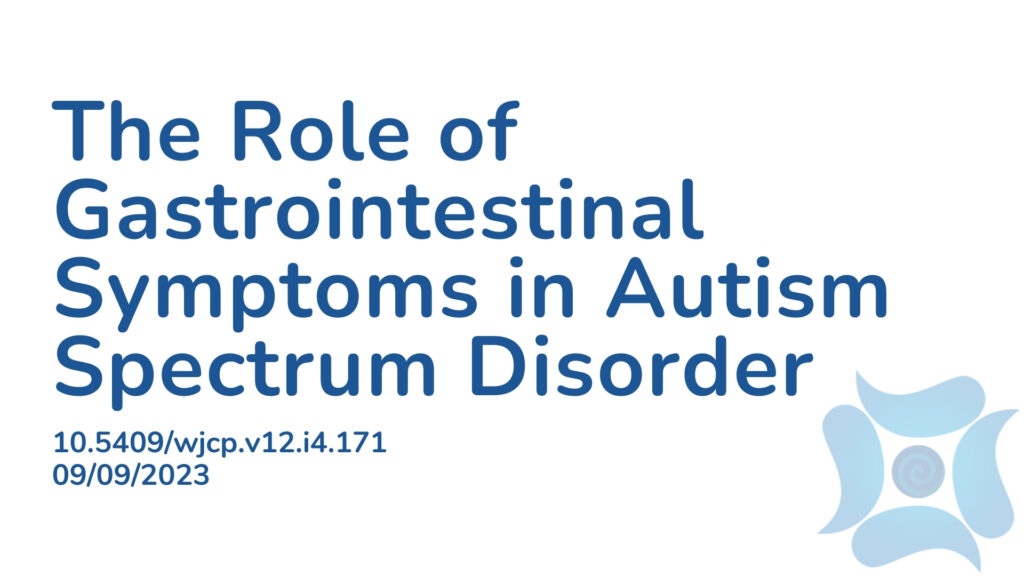Summary:
The prevalence of Autism Spectrum Disorder (ASD) has been rising since it was first described in 1943. The global prevalence is about 1%, varying by country. In 2014, it was 1 in 59 children in the U.S. and 1 in 64 in the UK, with potential underdiagnosis in some regions. ASD is more common in boys and varies by ethnicity, being higher among non-Hispanic white children. Causes are unclear but involve genetic, biological, environmental, immunological, and psychosocial factors. Children with ASD are also at higher risk for medical issues, especially gastrointestinal (GI) disorders, which can worsen ASD symptoms. GI problems are common, ranging from food intolerances and constipation to more severe conditions like inflammatory bowel disease. Factors contributing to GI issues include genetics, gut microbiota imbalances, immune dysfunction, and food sensitivities. Selective eating habits can also lead to unbalanced diets and GI problems. Diagnosing GI issues is challenging due to communication difficulties and lack of clinical guidelines. Providers should consider GI evaluations for children with ASD showing unusual postures, sleep problems, food intolerances, or aggressive behaviors. Treating GI disorders has been shown to improve ASD symptoms. While celiac disease is not more common in ASD, there is an overlap. Children with ASD should be evaluated for gluten sensitivity. Dietary changes, especially a gluten-free diet, can be beneficial but should be preceded by a celiac test. Understanding diet and GI health is crucial for improving outcomes in children with ASD. Proper dietary management of GI symptoms can enhance digestion, nutrient absorption, and appetite by reducing physical discomfort and pain. Relieving GI symptoms can also improve sleep, boost energy levels, and contribute to overall well-being, leading to a better quality of life and improved family dynamics. The main goals of GI interventions are to improve nutritional status, reduce symptom severity, promote a balanced mood, and increase patient independence.
Abstract:
Children with autism spectrum disorders (ASD) or autism are more prone to gastrointestinal (GI) disorders than the general population. These disorders can significantly affect their health, learning, and development due to various factors such as genetics, environment, and behavior. The causes of GI disorders in children with ASD can include gut dysbiosis, immune dysfunction, food sensitivities, digestive enzyme deficiencies, and sensory processing differences. Many studies suggest that numerous children with ASD experience GI problems, and effective management is crucial. Diagnosing autism is typically done through genetic, neurological, functional, and behavioral assessments and observations, while GI tests are not consistently reliable. Some GI tests may increase the risk of developing ASD or exacerbating symptoms. Addressing GI issues in individuals with ASD can improve their overall well-being, leading to better behavior, cognitive function, and educational abilities. Proper management can improve digestion, nutrient absorption, and appetite by relieving physical discomfort and pain. Alleviating GI symptoms can improve sleep patterns, increase energy levels, and contribute to a general sense of well-being, ultimately leading to a better quality of life for the individual and improved family dynamics. The primary goal of GI interventions is to improve nutritional status, reduce symptom severity, promote a balanced mood, and increase patient independence.
Article Publication Date: 09/09/2023
DOI: 10.5409/wjcp.v12.i4.171



